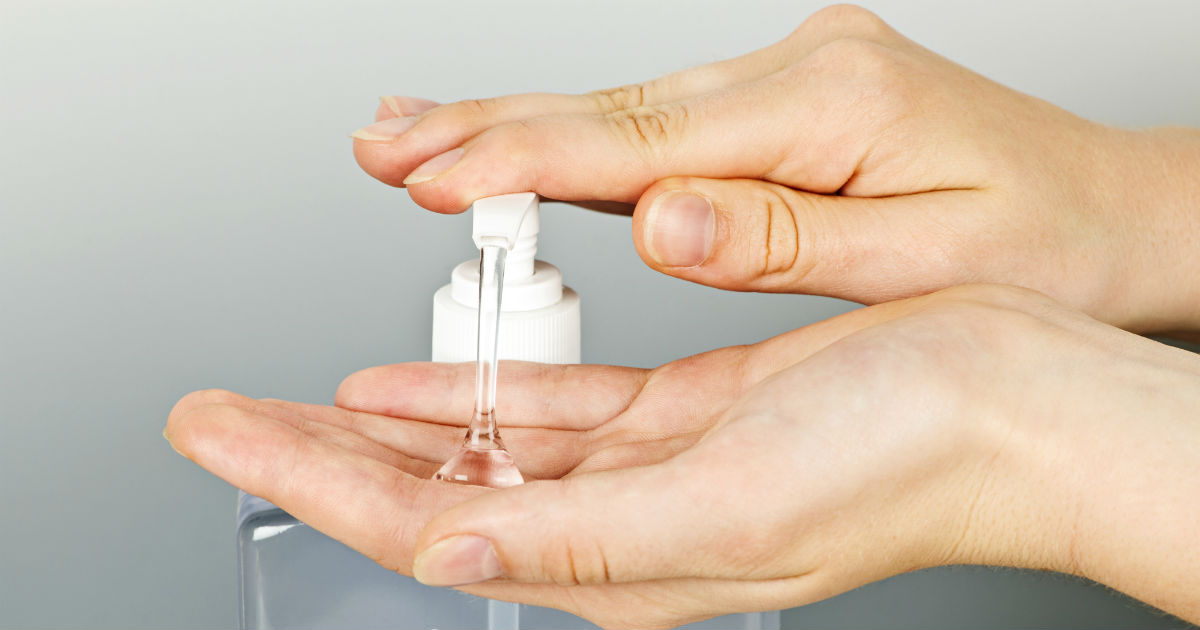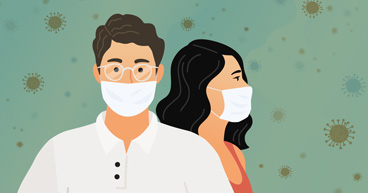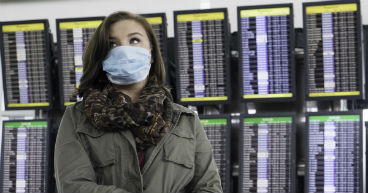
With concerns over the coronavirus reaching a fever pitch across the country, cleaning supplies have been hard to find in local markets. Among the hottest commodities: hand sanitizer. The U.S. Centers for Disease Control and Prevention (CDC) recommends hand washing over hand sanitizers to help prevent the spread of germs and viruses.
If you’re a cancer patient, it’s important to wash your hands and face regularly with warm water and soap, especially if you’re undergoing treatment that may suppress your immune system. Elderly patients and those with existing medical conditions, including cancer, are more susceptible to complications from diseases such as coronavirus and influenza. When soap and water are impractical or not available, hand sanitizers are an alternative in some cases, the CDC says.
Here’s what you should know:
Washing vs. sanitizing
Alcohol-based hand sanitizers kill many germs, but washing regularly with soap and water is the most effective way to reduce the number of microbes that accumulate on your hands and fingers, according to the CDC. Hand sanitizers may not remove harmful chemicals, or not be as effective on dirty or greasy hands. Also, some cancer treatments may cause dry skin, which may be worsened by excessive use of some hand sanitizers.
If you’re looking for a primer, the CDC offers detailed instructions on when and how to wash your hands.
What’s on the label?
Not all hand sanitizers have the same active ingredient. “As long as sanitizers have at least 60 percent alcohol, they should be relatively effective,” says Mashiul Chowdhury, MD, Director of the Infectious Disease Program at Cancer Treatment Centers of America® (CTCA). Sanitizers and hand cleansers that have other active ingredients may not be as effective in killing germs, the CDC says.
Should you make your own sanitizer?
Recipes abound on the internet for those who want to make homemade hand sanitizer. But officials warn that DIY recipes that combine rubbing alcohol with other ingredients may dilute the alcohol’s effectiveness. The World Health Organization offers a do-it-yourself hand sanitizer recipe, but it is complicated and requires ingredients that may not be available to many.
Vodka is for sipping, not sanitizing
Yes, you can make a substance similar to hand sanitizer from vodka. But why would you? Vodka is considerably more expensive than rubbing alcohol, and the percentage of alcohol in vodka is not nearly high enough to make an effective sanitizer. In fact, one popular brand of vodka is discouraging its customers from using its product to make hand cleaner because it’s only 40 percent alcohol, far short of the 60 percent recommended by the CDC. So, despite recipes you might see online, it’s best to shake or stir your vodka (in moderation, of course), not rub it on your hands.
Clean more than your hands
In addition to washing your hands regularly, keep them away from your eyes, nose and mouth. And don’t forget to clean surfaces that are touched frequently, including keyboards, phones, door knobs and handles, TV remotes and countertops. In response to the coronavirus, the Environmental Protection Agency released a list of approved disinfectants and cleaning products.
If you are in active treatment and are concerned about how the COVID-19 situation may impact your care, please contact your care team.
Learn more about how cancer patients can protect themselves from the coronavirus.


